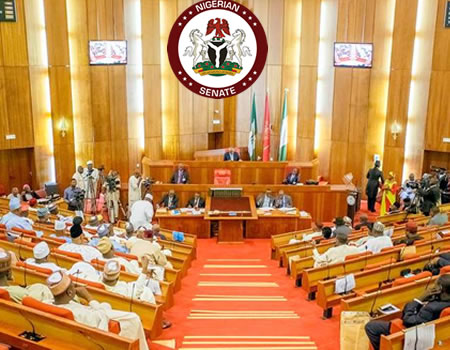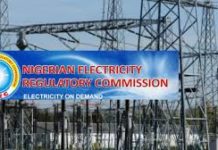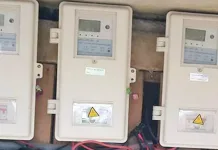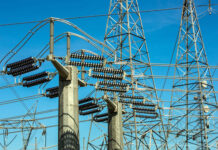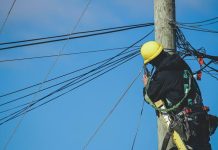The tension that trailed the increase of electricity prices by the Nigerian Electricity Regulatory Commission (NERC) is still very high.
In fact, many Nigerians have said that they will not pay the new price.
Those who are bold enough have even gone to the extent of issuing threats to electricity workers.
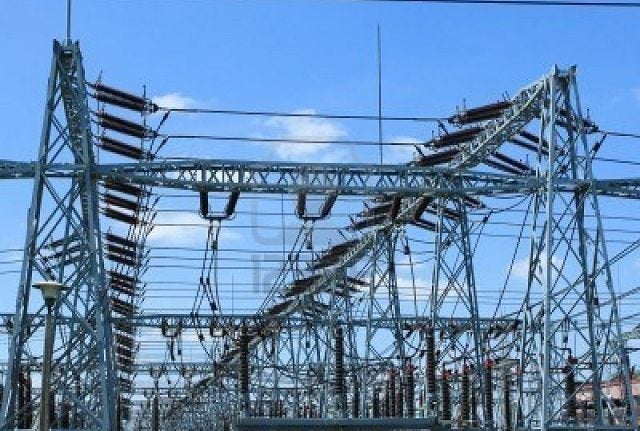
However, despite the recent surge Nigeria maintains one of the lowest rates in West Africa.
NERC raised the cost to 225 Naira per kilowatt-hour (kWh) for Band A consumers, those receiving up to 20 hours of power daily, starting April 3, 2024.
This adjustment from the previous rate of ₦66/kWh has sparked widespread discontent, significantly affecting the operational costs of various sectors and the general populace.
Electricity With Caution
The hike, representing a 240% increase, has necessitated a more cautious approach to electricity consumption across Nigerian households and businesses.
Many are considering reducing the use of electrical appliances to manage the heightened financial burden the tariff imposes.
Nevertheless, a comparison, utilising the exchange rate of ₦1,330/$ points us towards a different direction.
It indicates that Nigeria’s current electricity tariff of $0.20/kWh remains comparatively low in the West African context.
This analysis is based on data from Global Petrol Prices.
It highlights the relatively affordable nature of Nigeria’s electricity despite the substantial tariff increment.
The contrast in electricity pricing within the region underscores the complex dynamics of energy economics, where factors like operational costs, government subsidies, and infrastructural investments play pivotal roles.
As said earlier, there are some countries with higher electricity tariffs than Nigeria. Here they are:
Mali
Mali, officially the Republic of Mali, is a landlocked country in West Africa.
It is the eighth-largest country in Africa, bordered by Algeria to the north, Niger to the east, Burkina Faso and Ivory Coast to the south, Guinea to the southwest, and Senegal and Mauritania to the west.
Mali’s electricity tariff is $0.215/kWh, which shows that the differential percentage between Mali and Nigeria’s tariff is about 6.98%.
Togo
Togo is bordered by Ghana to the west, Benin to the east, and Burkina Faso to the north.
It has a population of approximately 8 million people and covers an area of about 57,000 square kilometres.
With 55.7% of the country’s population having access to electricity, the country’s electricity tariff is currently $0.215/kWh, similar to Mali.
Senegal
Senegal’s power sector has advanced significantly in recent years; according to recent figures, 70% of the population has access to electricity.
Meanwhile, the state-owned Senelec is in charge of producing, distributing, and transmitting power.
However, the country currently charges $0.180/kwh as its electricity tariff.
This makes it the third West African country with the highest tariff.
Ghana
Ghana has made significant strides in its electricity sector.
However, recent data show that 85% of the population has access to electricity.
Also, efforts are ongoing to increase this figure further. Ghana’s current electricity tariff is $0.125/kWh.
Ivory Coast
Ivory Coast, officially known as the Republic of Côte d’Ivoire, has implemented various initiatives to improve access to electricity.
You May Like: Electricity Tariff: How Increase Will Worsen Economic Hardship
This helps it provide electricity to over 66% of its population.
The country’s electricity tariff is $0.119/kWh.

